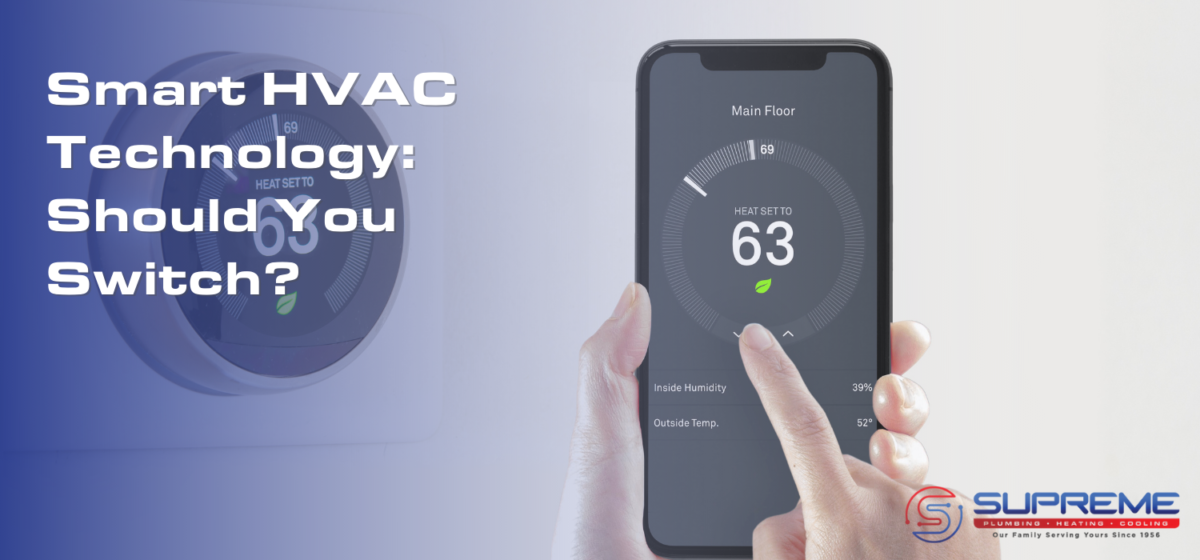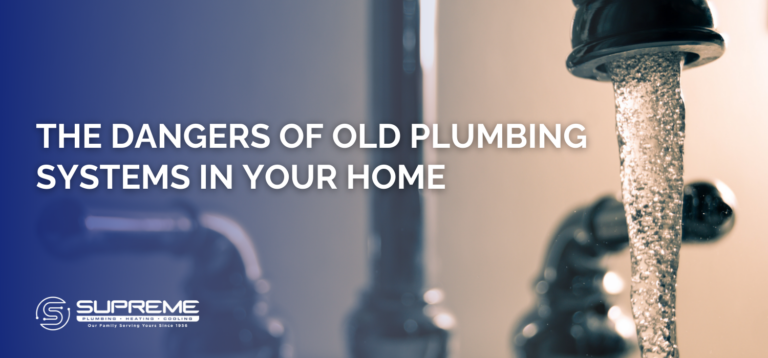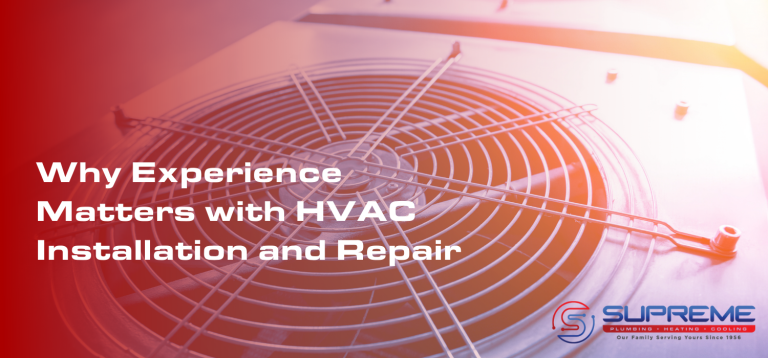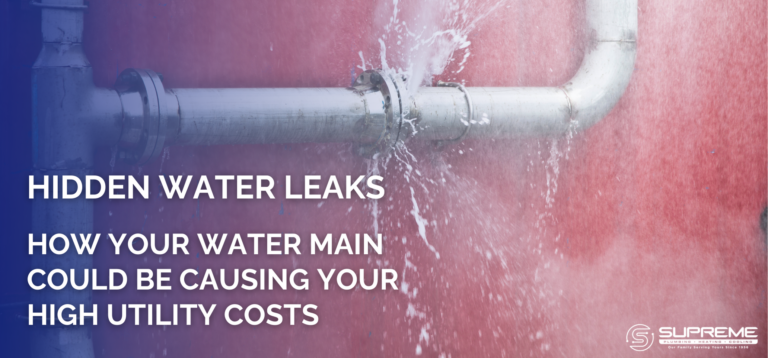Sometimes, simple is better. However, for necessities such as heating and cooling, you should consider switching from an outdated system to a newer, smarter technology. This begs the question; are smart thermostats worth it?
HVAC technology has made leaps and bounds since it became commonplace in the late 1960s. As a result, there are now a plethora of options available if you’re looking to switch your home’s system.
Below, we discuss some pros and cons of smart HVAC technology, and whether or not it’s worth a switch.
What is a “Smart” HVAC System?
Smart HVAC technology is designed to create an intelligent indoor comfort system. Upon installation, it receives a signal from the thermostat and distributes messages between the indoor and outdoor components of a central heating and cooling system.
A smart HVAC system involves automated controls and provides enhanced equipment and features. The advancements offer many benefits, such as:
- improved air quality
- energy efficiency
- energy savings
- cost reduction
- remote access
What are the Pros and Cons of Smart Technology?
A smart HVAC system can be a great investment for your home. However, it can also be highly complex.
Before making the switch, make sure you’re aware of the advantages and disadvantages of them.
Pros
Convenience is one of the best aspects of a smart HVAC system, as it adjusts the temperature of every part of the house based on the area’s needs. For example; your empty workshop in the basement won’t be heated nearly as much as your living room or bedrooms would be.
This can help you cut down on heating and cooling expenses. A smart system ensures that your HVAC unit is only running when needed to avoid unnecessary operations, therefore presenting some savings in your energy bill.
Additionally, smart systems allow you to program a cooling and heating schedule for your unit, and control the system from your smartphone. This means that you won’t have to come home to a house that’s too hot or too cold, or worry about whether you turned the unit off or down before leaving the house.
Lastly, smart HVAC systems are more environmentally friendly than their traditional counterparts. Cooling and heating systems consume large amounts of energy that may come from sources that use carbon emissions.
However, a smart HVAC system operates more efficiently to reduce the overall carbon footprint of your home.
Cons
Before installing a smart HVAC system, you should know that your return on investment may take a while, due to the initial cost of installation. Even though you’ll eventually see a major reduction in operating expenses, it could take a while before you recoup the initial investment.
Another con is the complexity of a smart system. It may take a while to understand how to use it, and how to operate it to meet your needs. Therefore, people who are not “tech-savvy” might find the system too difficult to use.
Lastly, smart systems also require users to continuously think about using the system–it won’t help you save on energy costs if you forget to regulate your usage!
So, Are Smart Thermostats Worth It?
In a nutshell, smart HVAC systems are an excellent option for easily heating and cooling your home. It’s a convenient and energy efficient option that in the long run can have countless benefits.
Before you make the switch, familiarize yourself with the costs and ensure that it’s a change your budget can allow. Also, prepare for the learning curve with new technology. After proper preparation and research, rest assured that you’ll be happy with your decision!
Contact Supreme for More HVAC Technology Information
If you’re interested in switching your current system, our expert HVAC team would be happy to help you figure out your options to help guide your decision.
Contact us today!











